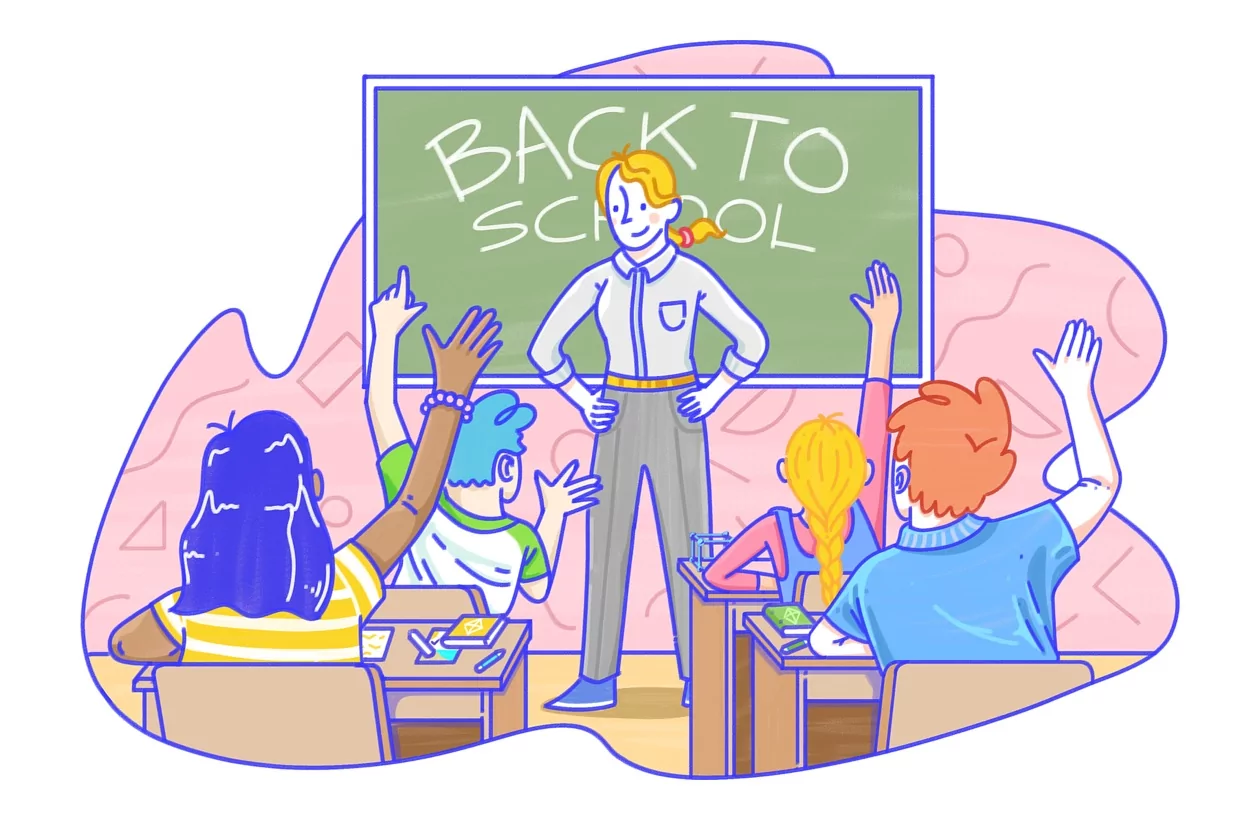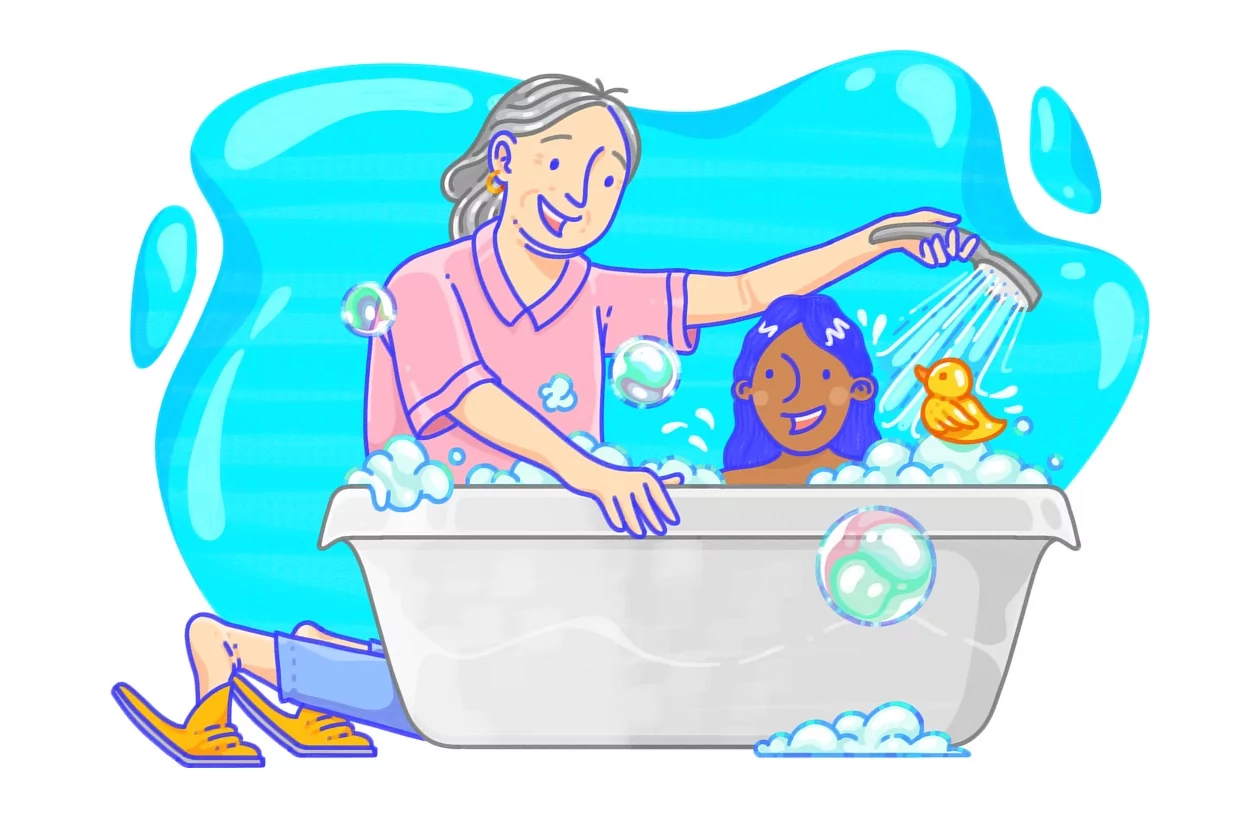Going through puberty is challenging for almost everyone — and that’s especially true for children with CPP who haven’t yet developed the behavioral and emotional maturity they need to cope with pubertal symptoms. Unusual growth spurts, breast bud and menstruation in girls, testes development in boys, pubic hair, body odor, and mood swings can cause a great deal of anxiety for young kids, so we asked Pediatric Endocrinologist Jadranka Popovic how to best support little ones through these changes.
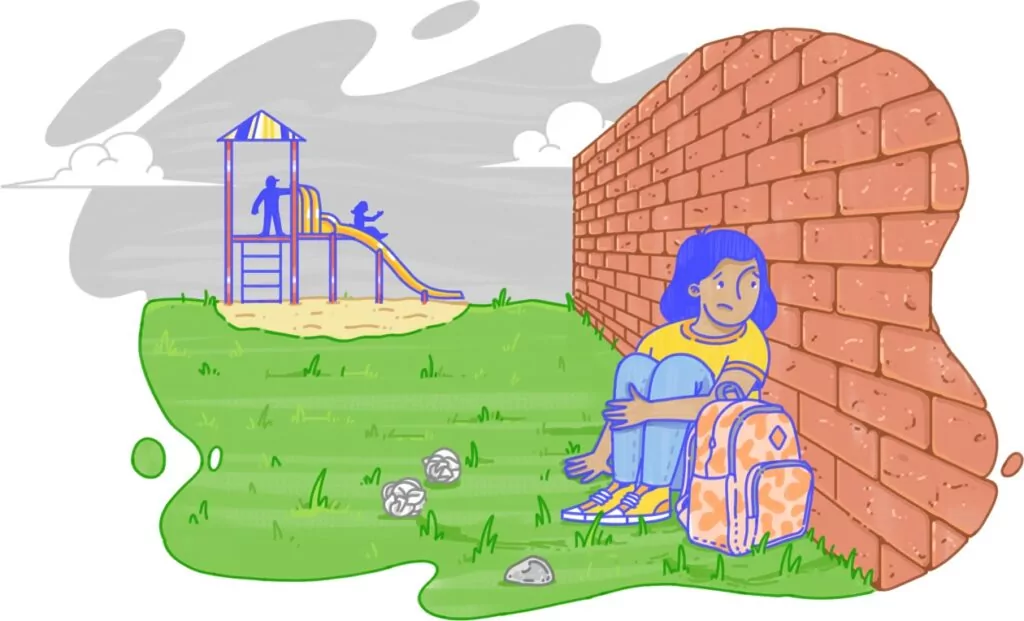
Physical pubertal symptoms can cause embarrassment and even bullying
When puberty progresses long enough before starting CPP treatment, children may start developing secondary sexual characteristics: “Body changes like breast development, pubic hair, body hair, and body odor are noticeable by others…” According to Dr. Popovic, “body odor and pubic hair can be significant enough to cause more anxiety and bullying. A lot (of kids with CPP) are exposed to bullying and that’s not addressed enough,” she said — one reason showing your child empathy is crucial during this time.
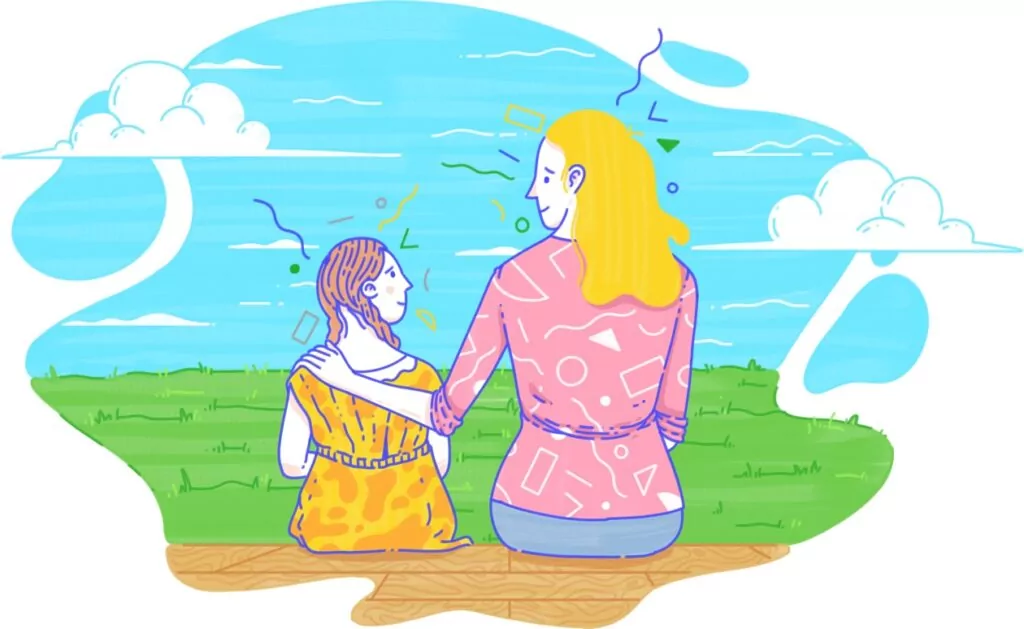
During early puberty, it’s more critical than ever to attune to your child’s emotional needs
Dr. Popovic expressed that, although studies have not shown an increased risk of depression and stress in children with CPP; anecdotally, there is a tremendous amount of “anxiety, uncertainty, and worry in these kids. Sometimes parents don’t even have an idea what their child is going through, they just feel like something is not right.” So how can you give your child the understanding they need?

It starts with education
Dr. Popovic clarified the importance of teaching kids that they’re not sick — CPP is not a disease. While on treatment, Dr. Popovic conveys to patients that “they are still very healthy… [Puberty] is something that will happen to you inevitably and it’s just happening a little bit sooner than your peer groups. Nothing to be ashamed of. And there’s a way to help. Those are the main things I want them to understand and remember.” When your child knows they’re okay, they’re normal, and experts are actively treating their symptoms, they should be able to breathe easier — and so should you.
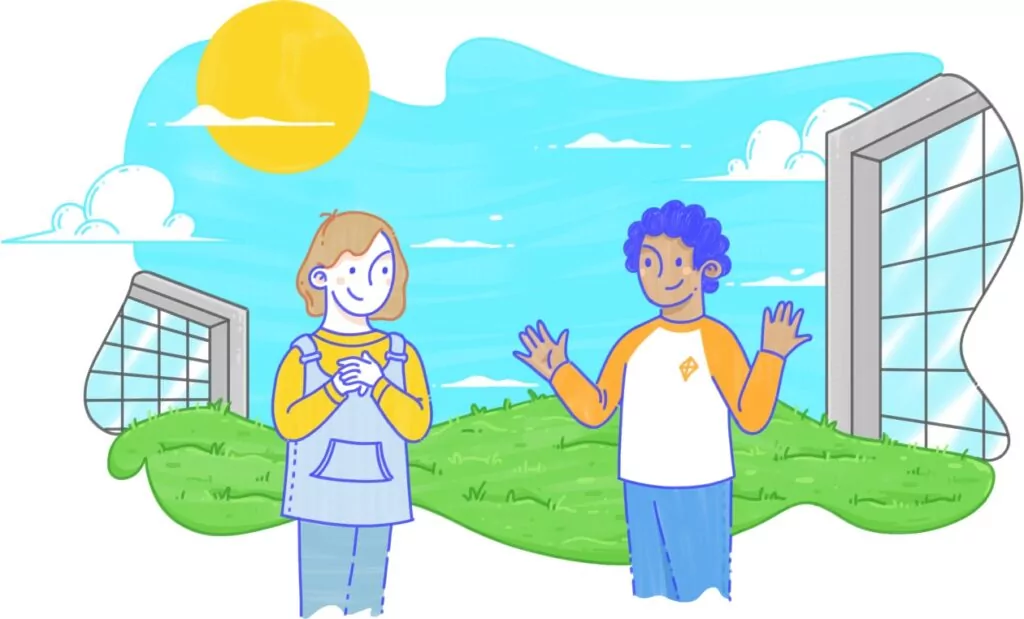
CPP treatment can help minimize some pubertal symptoms
While the physical and emotional symptoms of early puberty won’t disappear completely with CPP treatment, they should subside significantly. Per Dr. Popovic, “some [physical] symptoms they have experienced may regress but they will not disappear completely: Breasts will get smaller and less full, testes may just get softer.” Body hair, specifically, is controlled by different hormones (androgens) than the hormones targeted by CPP treatment, so premature hair growth may need to be continually monitored throughout treatment. “Even though you suppress CPP,” Dr. Popovic explained, “some of the secondary sexual characteristics may slow but they also may progress.” That depends on when your child starts treatment.
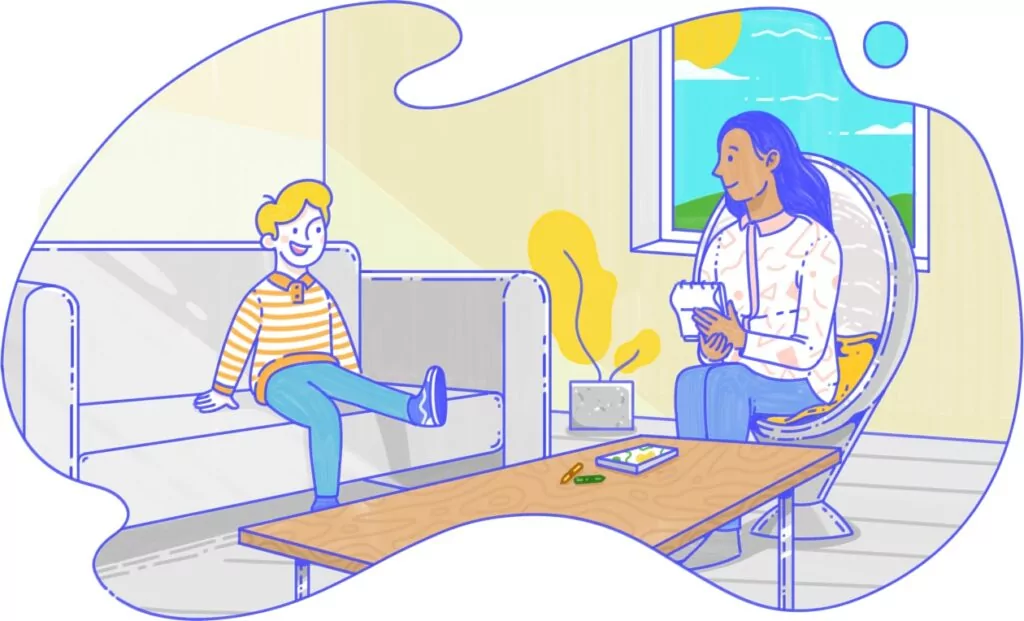
Therapy can greatly help kids navigate early puberty
Kids with CPP can benefit from seeing a behavioral therapist or counselor. In conversations with her CPP patients’ caregivers, “we always discuss the possibility to include behavioral health providers at a child’s level to help guide them through the emotional, behavioral, and physical changes they are experiencing,” said Dr. Popovic. “Breathing exercises, relaxation techniques…(they all) help. Once they start treatment, they feel calmer and more like their usual self.” Coupled with CPP treatment, therapy helps most kids find a sense of normalcy. “When I see them for a follow-up, maybe 3 months after therapy, I ask ‘How is life?’ and they usually smile and say ‘Things are better at home.’ These are all anecdotal, but in many cases, I hear ‘Oh, we see less mood swings or temper tantrums or emotional outbursts or crying episodes.’”
Every child’s experience with CPP is different, which is why it’s essential to provide kids with a multifaceted support system and a range of coping tools. You can also reassure them that once it’s time for regular puberty to begin, they’ll be extra prepared. While the same pubertal symptoms likely will happen again, Dr. Popovic likes to remind patients that at that point “you are much older and others are experiencing the same. Your body is now ready, you are ready. And your mind is ready.” Until that day, you can continue to meet your little one’s CPP symptoms with empathy and reassurance.
TPI.2021.2909.v1 (v1.1)



